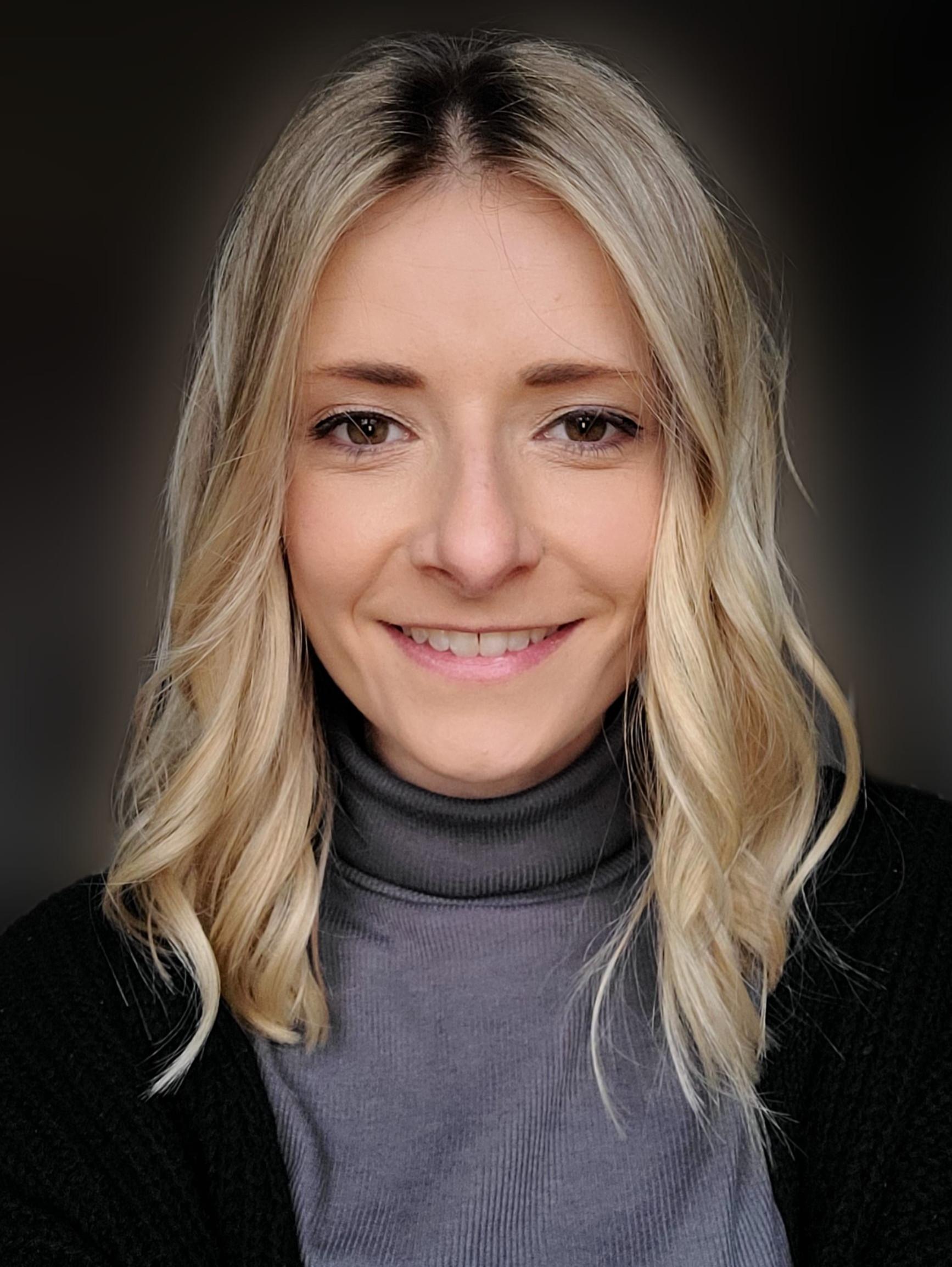How Did That Happen? Mixed-Method Evaluation Of Astronomy Resources.
TalkEvaluation
3rd Shaw-IAU Workshop
Wednesday Oct. 13, 2021
UTC: 7 a.m. - 7:10 a.m. America/Chicago: 2 a.m.- 2:10 a.m.
Thursday Oct. 14, 2021
UTC: 7:30 p.m. - 7:40 p.m. America/Chicago: 2:30 p.m.- 2:40 p.m.
Astronomy is a well-known effective point of engagement, sparking students’ curiosity and desire to learn. However, astronomy has a lot to offer; pretty pictures, a mind-blowing vastness, big telescopes, and application of much of the more mundane classroom science. As a result, it can be difficult to disentangle what specifically causes students' engagement. That is, what does an astronomy resource need in order to be effective and what other components are surplus to requirement?
This presentation focuses on a PhD study involving 226 secondary school students that set out to answer this question. Focusing on both methodology and results, this presentation will explore how mixed-method evaluation can offer valuable information for developing and delivering effective astronomy resources.
About Sophie Bartlett
I completed my PhD in Astronomy and Physics Education in 2019 at Cardiff University. Prior to this, I completed a BSc degree in Observational Astronomy. I have been an educational resource developer and evaluator for the Faulkes Telescope Project since 2014. I am currently the evaluation lead for the Horizon2020 programme, Our Space Our Future. This role involves developing an evaluation framework and implementing across five European countries to assess the impact of our activity on student and public audiences.
Watch a recording of this talk (external link)





